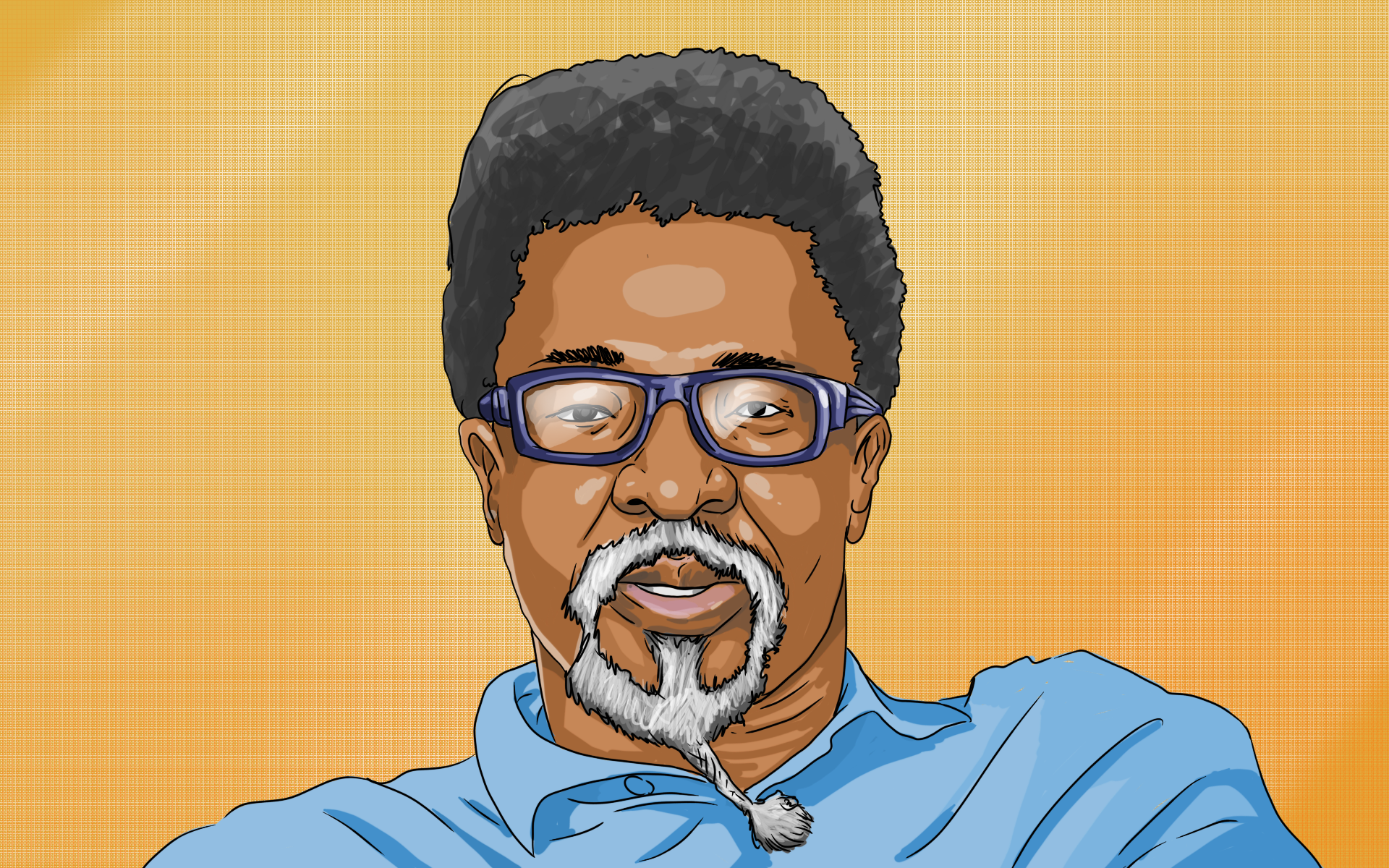Could we have gone about things differently? And would this have ensured a more civilised outcome? Yes. And Yes. Anyone who has ever listened to Alhaji Waidi Ayinla (“Omowura”) Yusuf Gbogbolowo on the nation’s transition from using the pound as currency to adopting the naira should get a sense of the details that the planners went through just to sensitise the masses 50 years ago, this January. And before that (1959 and 1962) we changed currencies. And a few times after that, too. In all these episodes, the closest to the acts of savagery that we have seen in the last two weeks have only ever happened once: in 1984. Then, too, as with the current change, it was “policy as ambuscade”: the federal government thought to use the currency change to disrupt the operations of “currency traffickers”.
The ongoing banknotes swap has a variety of targets: inflation-fighting (including the naira’s external exchange rate), financial inclusion, and as aid to “the efforts of our security agencies”. The one thing it lacks is evidence of having been clearly thought through. If the scarcity of a currency is a proper tool for fighting inflation, might the elimination of currency (and the adoption of barter) not be a better goal? Might a cash-free economy not easily dispense with the idea of inflation altogether? Of course, the answer to both these questions is a resounding “No”! Barter, as has become obvious in the last two weeks, imposes huge costs on economic activity. No need either to point out the implications of Japan’s decades-long struggle with deflation.
Also Read: In defence of neoliberal economics
This is why policymakers are invited to assess new policy initiatives by looking at the balance of costs and benefits of proposed policies. Two costs are clear from the current exercise. First is public loss of confidence in government, and the erosion of the central bank’s credibility. Given that the central bank actively sought to demonise commercial banks in its many explanations for the currency scarcity, we might as well add the destruction of the financial services industry’s standing to this bucket of costs. A consequence of the loss of popular fate in the formal financial sector is an economy’s preference for cash.
Also Read:
- Naira Drops to N1,583/$1 at Official Market as FX Reserves Fall and BDC Reforms Intensify
- Naira Gains at Official Markets, But BDC Challenges and Reserves Dip Pose Risks
- Naira Depreciates to ₦1,585/$ in Parallel Market despite weaker Dollar
- Comercio Partners Projects Naira Drop to ₦1,700/$ as Policy Fragmentation Deepens Instability
The second cost is to the economy. Preliminary studies have suggested that even in the best of times, previous currency swaps cost the economy in terms of lost output. This is not nuclear fusion. Consumer spending accounts for about two-thirds of domestic output. And it is the one component of gross domestic product that is constrained the most by currency swaps. Almost inevitably the “wobbling and fumbling” (pace coach Fanny Amun) that has attended the current swap will have exaggerated this process by several orders of magnitude.
Also Read: Nigeria and IMF’s roseate outlook, By Uddin Ifeanyi
Given these costs, therefore, the much touted “benefits” (from leaving cash stranded in the hands of hoarders, for example) pale in comparison. Besides, the laws that matter render this goal something off the pages of a Mother Goose tale. The old banknotes may no longer be legal tender, but hoarders may legally redeem such monies with the central bank. And the act has no sunset clause for this exercise. Is there an argument for turning down hoards of cash that may be proceeds of crime? Yes. But that will only be after proper procedure has been followed. Investigation by the relevant security agencies, a court injunction, etc.
The current process fails, largely, because it presumes collective guilt, until proven innocent. Not just does this upend accepted logic. It is, as has been evident since the current currency swap exercise began a mindset in restraint of trade and commerce. For an economy in the difficult straits that ours was already in, to blow up domestic trade and commerce in the hope of outing a few scofflaws is an act as bad as any insurrection. Simply by tarring and feathering commercial bankers we have ensured that the damage to the economy will take a long time to fix.
Also Read: Why are Nigerians this bad?
What would a non-subversive policy response look like? First is to contain damage. If cash in an economy is like the lubricant in an internal combustion engine, this requires that we return the cash “recovered” by the central bank to the economy. Until the authorities find the paper to print additional new notes locally or foreign presses to do the same thing, this would, at least, guarantee that the domestic economy continues to sputter along.





















